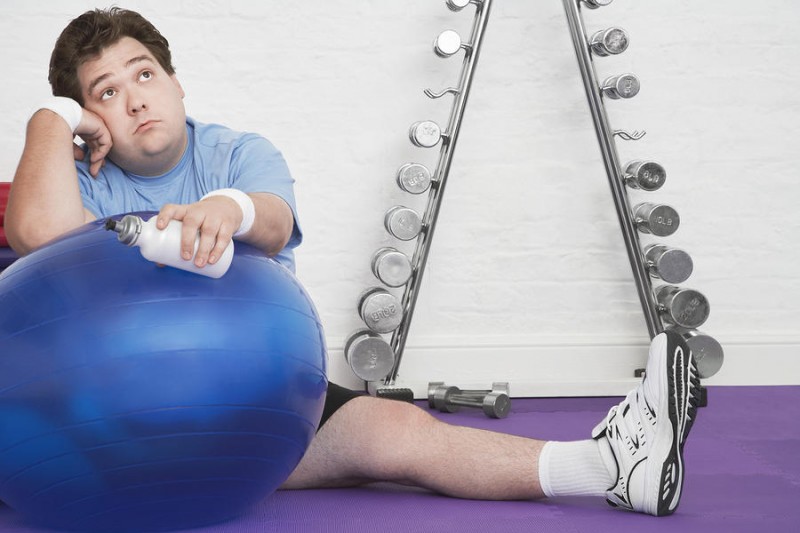
By Coach J
When we talk about performance—whether it’s athletic, recreational, or everyday movement—we have to begin with one critical word:
Skill.
At Aruka, I define skill as the learned power of doing something competently. It’s not about raw talent—it’s about mastery earned through practice, presence, and precision. It’s about being able to move your body with intention, control, and confidence.
Without skill, strength is incomplete.
Without skill, speed has no direction.
Without skill, endurance becomes inefficiency.
So at Aruka, we rebuild.
And we restore.
Movement Skills for Life
Over the course of my coaching career, I’ve watched people chase fitness goals—lift heavier, run faster, train harder—without ever learning how to move well. That’s why Aruka focuses on what I call the Movement Skills for Life:
Balance, Walk, Run, Sprint, Jump, Skip, Hop, Shuffle/Slide, Throw, Catch, Strike, Kick
These 12 skills form the foundation of all human movement. They’re the building blocks of performance, coordination, and long-term physical health. Most of us learned them as kids—often incorrectly. All of these can be viewed as perishable skills. In other words, if you don’t use them, you lose them. This is the current state of many adults.
The Truth About Skill Breakdown
Let’s be honest—21st-century living isn’t built around movement. It’s built around comfort, convenience, and screens. The result? Skill breakdown.
We don’t move because we can’t move well.
And we can’t move well because no one ever taught us how.
This is more than just a movement issue. It’s a health issue.
Poor skill execution leads to:
- Joint and tissue breakdown
- Chronic injury patterns
- Loss of coordination and brain-body connection
- Decreased confidence and physical freedom
That’s why I believe skill development is non-negotiable—for kids, adults, athletes, and everyone in between.
Skill Must Come Before Strength
Before you load a squat bar, before you jump into high-intensity workouts, you need to ask a simple question:
Can I move well?
Most people never ask it. Most programs never address it. But at Aruka, this is where we start. Skill-first programming is our foundation.
When skill is present:
- Strength becomes safer and more effective
- Endurance becomes purposeful
- Speed becomes functional
- Recovery becomes faster
Skill isn’t optional. It’s the currency of performance.
Assessing Movement IQ
We don’t guess at Aruka—we assess.
That’s why we use the Movement IQ Screen, a tool I created to evaluate your ability to perform the Movement Skills for Life.
These screens help us:
- Detect movement dysfunction
- Uncover asymmetries
- Pinpoint inefficiencies
- Create personalized plans for rebuilding
When your Movement IQ rises:
- Pain drops
- Confidence rises
- Performance improves
And I’ve seen it happen across every population—from elite athletes to those just trying to reclaim the ability to move freely again.
Skill Builds the Brain Too
This isn’t just about muscles—it’s about your mind.
Every time you learn or improve a movement skill, your brain is actively creating and strengthening neural pathways. This is neuroplasticity in action—the rewiring of your brain through physical learning.
I call this integration Athletic Neurogenics:
A system that brings skill, cognition, and movement together.
It’s especially powerful for:
- Youth developing coordination
- Adults recovering from injury
- Older populations seeking longevity
- Athletes sharpening their edge
Skill Is for Everyone
It doesn’t matter who you are or where you’re starting.
If you’re a 10-year-old learning to move, a 35-year-old trying to reclaim your health, or a 60-year-old preparing for the next chapter—
Skill is your foundation.
And foundation is what we rebuild.
Leave a Reply